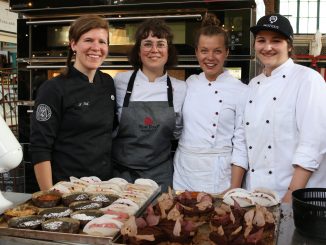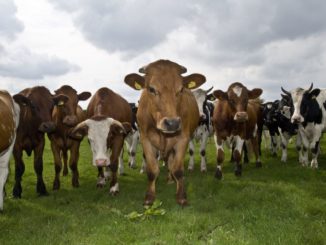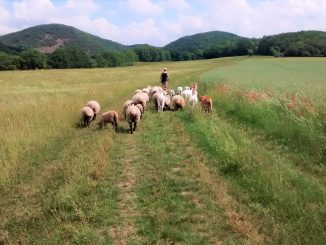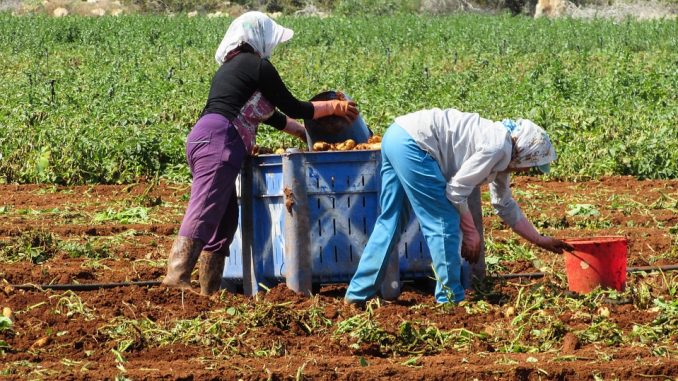
The Covid-19 pandemic has put our food systems to the test, exposing the vulnerabilities of an unsustainable status quo. In a communiqué released on Tuesday, IPES-Food slams shortsighted solutions to the crisis. Calling for a paradigm shift to agroecological farming, it says now is the time to transform the seeds of change into the foundations of a resilient new food system. Louise Kelleher reports.
The lessons learned from Covid-19 are hard to ignore. Business as usual has failed us. And so this is no time to put ailing industrial food systems on life support, warns the International Panel of Experts on Sustainable Food Systems (IPES-Food) in an 11-page statement on the crisis. There is a real risk of rollback in recent progress towards sustainable food systems. With calls for the European Green Deal to be postponed or scrapped, industrial food systems are being peddled as solutions – when in fact they are the underlying cause of the vulnerabilities exposed by the pandemic.
Industrial agriculture is the problem
What’s more industrial agriculture is likely to blame for the pandemic itself, notes IPES-Food. Intensive livestock production drives up the risk of high-impact diseases. Industrial agriculture is also a key driver of habitat loss which creates the conditions for zoonotic spillover. But there’s nothing new here. This is the same pattern that led to the outbreaks of SARS, Ebola, West Nile Virus, and Lyme disease, all the way back to the HIV/AIDS crisis. Although the evidence is still inconclusive, the Covid-19 outbreak is thought to have followed that pattern: wildlife diseases amplified through intermediate hosts, and potentially transmitted via factory farms.
The Covid-19 health crisis has triggered an economic crisis that is pushing our food systems to breaking point. But we already had a food security and nutrition crisis on our hands. Only now it’s been rapidly exacerbated by the coronavirus pandemic, points out IPES-Food.
Our food systems have been sitting on a knife-edge for decades: children have been one school meal away from hunger; countries – one export ban away from food shortages; farms – one travel ban away from critical labour shortages; and families in the world’s poorest regions have been one missed day-wage away from food insecurity, untenable living costs, and forced migration.
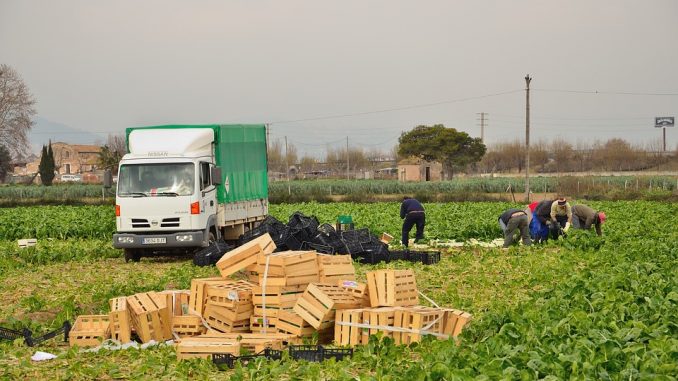
Act now to protect the most vulnerable
Farmers are one group that is highly vulnerable to economic disruption. In the EU and in the Global South, many farmers already live on the breadline. Disruptions caused by the Covid-19 crisis, such as volatile demand or difficulty getting produce to market, could easily cause impoverished farmers to go bankrupt. This would have a knock-on effect on food supply.
But food and farm workers are some of the hardest hit. These workers often grapple with poor working conditions, insecurity and bad pay under normal circumstances. Now they find themselves on the frontline of a food supply crisis – but last in line for protective equipment. Ironically many countries have recognised food and farm workers as “essential”, though they often work without hazard pay.
Migrant food and farm workers are additionally exposed to high health risk. Migrant workers often have to contend with unsanitary living and working conditions. These groups may not be entitled to sick leave, and may lack access to information about Covid-19.
IPES-Food calls for immediate action to protect the most vulnerable. Specifically it demands safe and dignified working conditions for food and farm workers, including migrants and informal workers. In keeping with IUF recommendations, food and farm workers must have safe transport to work, access to adequate housing, childcare and protective equipment, space for social distancing, sanitation facilities on site, and access to healthcare.
More broadly speaking, governments must secure access to food for all vulnerable groups. As a matter of urgency governments must ensure adequate social protection measures and emergency food assistance are in place.
Build resilient agroecological food systems
A paradigm shift from industrial agriculture to diversified agroecological systems is more urgent than ever, argues IPES-Food. Where our food systems lack resilience, agroecology can offer solutions. Acroecology favours diversity, which can bolster disease resistance. Because agroecology is less dependent on imported inputs, it reduces vulnerability to trade disruptions and price shocks. And instead of destroying wildlife habitats to clear land, agroecology can protect habitats while at the same time producing healthy food.
These vulnerable times have spotlighted the importance of communities, which are stepping up to plug gaps in the food system. Agroecology can also be used to rebuild local community structures and local food cultures that have been damaged by industrial agriculture. Short, resilient supply chains are one of the building blocks of agroecological systems.
For now, notes IPES-Food, the short term priority is to protect informal markets, where much of the Global South gets its food. For net importers of food, trade flows must continue uninterrupted, and adequate food stocks made available at regional level. Governments should regulate to stop small and medium-sized food enterprises from being squeezed out by supply chain uncertainties – as we have seen in previous outbreaks.
Another urgent task is to protect local supply chains. Immediate steps are to strengthen capacity to meet food safety regulations, and to remove any regulatory barriers to local selling.
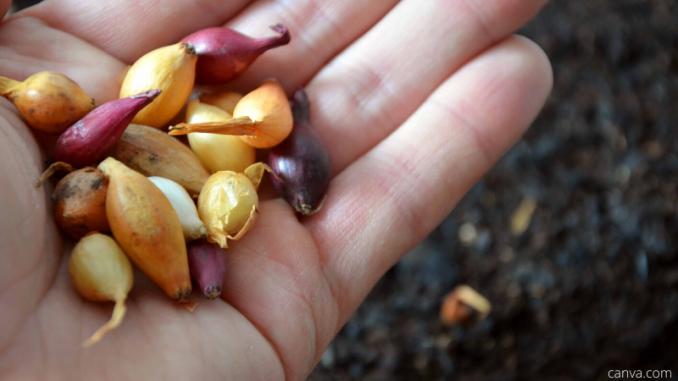
Civil society vigilance
The Covid-19 crisis is an opportunity to rebalance economic power for the public good. IPES-Food urges civil society to organise. If we are to build an effective buffer against the impacts of future crises, including climate breakdown, we need multi-level governance working hand in hand with civil society. Community organisations, farmers’ groups, and cooperatives all have an important role to play here. Food sovereignty must be a guiding principle.
Instead of simply bailing out the economy, we can transform the economy. Reform packages can become a vehicle for delivering resilience.
Finally, IPES-Food calls for reform of international food systems governance. Since we can expect pushback from the industrial food system, a good place to start tracing out a path to resilient food systems is the UN Committee on World Food Security (CFS), a forum for democratic debate between civil society groups and the private sector. It’s vital to bring a broad range of voices into the discussion to thwart the risk of fragmentation and governance capture. Armed with the lessons learned from Covid-19 crisis, we should push for the 2021 Food Systems Summit to focus on resilience and agroecology.
Civil society vigilance is crucial at this juncture. With the 2020 UN Climate Change and Biodiversity Conventions now postponed, it’s up to CSOs to take the initiative – and to defend against any backroom deals that might slip through.
More on coping with Covid
Coping with Covid19 – Mutual Aid and Local Responses in a time of Coronavirus
Effects of Coronavirus on Agricultural Production – a First Approximation (part 2)
What will the World be like after Coronavirus? Four Possible Futures
Coping with Covid19 – Tensions in Farming, Trade and the EU Institutions
For the Sake of Nature and the Climate, Europe must not CAP its Ambitions
Coping with Covid19 – Supply Chains and the Butterfly Effect
Coping with Covid19 – Commoning as a Pandemic Survival Strategy
Coping with Covid19 – the Open Food Network and the New Digital Order(s)



